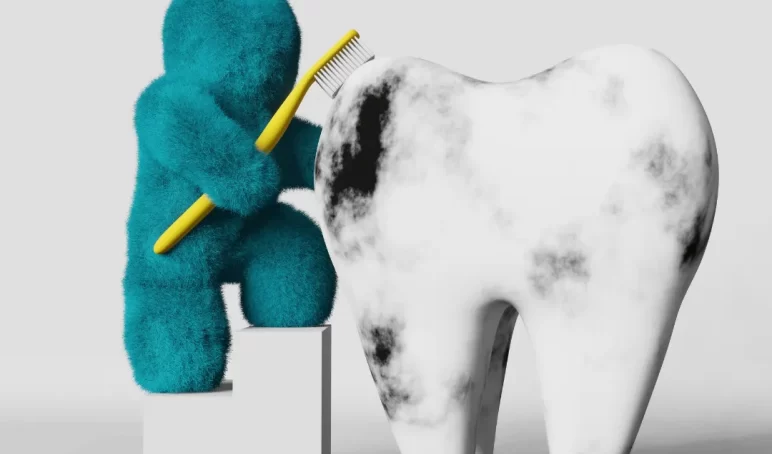Experiencing a bad taste in your mouth after a tooth break can be more than just unpleasant. It's often a sign that something is wrong with your dental health. As a leading dental clinic Preston, we often encounter patients who are concerned about this issue. Understanding the causes and treatments is crucial for maintaining oral health and overall well-being.
The Causes Behind the Bad Taste
When a tooth breaks, several factors can contribute to a bad taste:
Bacterial Infection
The most common cause of foul taste is infection. When a tooth breaks, it can expose the inner layers and roots to bacteria. This exposure can lead to infection, which produces an unpleasant taste.
Decay and Abscess
A broken tooth is more susceptible to decay. If untreated, this can lead to an abscess, which is a pocket of pus that leads to a bad taste.
Leakage from Dental Restorations
In some cases, the bad taste might be due to older fillings or dental restorations that have started to leak.
Nerve Damage
A break can sometimes affect the tooth's nerve, leading to a metallic or sour taste.
Understanding the Symptoms
Apart from the bad taste, other symptoms can include:
- Pain or discomfort in the affected area
- Sensitivity to hot or cold
- Swelling or redness in the gums
- Bad breath
If you experience any of these symptoms, it’s time to visit your dentist in Preston.
Seeking Treatment: The Role of Your Preston Dentist
The first step in treating a bad taste from a broken tooth is to visit a reputable Preston dentist at Bright Smile Dental Clinic Preston. Here’s how they can help:
Diagnosis
Your Preston dentist will first diagnose the cause of the bad taste. This might involve a physical examination, X-rays, or other diagnostic tests.
Treatment of Infection
If an infection is present, your Preston dentist will likely start you on antibiotics to reduce the bacteria and infection.
Tooth Repair
For a broken tooth, various treatment options like fillings, crowns, or veneers can be considered. These restorations will not only fix the tooth but also eliminate the source of the bad taste.
Root Canal Therapy
If the break has reached the tooth's pulp, root canal therapy might be necessary. This procedure involves removing the infected or damaged pulp, cleaning the inside of the tooth, and sealing it to prevent further issues.
Extraction
In severe cases where the tooth cannot be saved, extraction might be the best course of action. This can be followed by tooth replacement options such as dental implants or bridges.
Preventive Measures and Aftercare
Prevention is always better than cure. To prevent future incidents:
- Maintain good oral hygiene
- Use a mouthguard if you participate in sports
- Avoid using your teeth to open packages or bite hard objects
After treatment, follow these aftercare tips:
- Follow your dentist’s instructions carefully
- Maintain good oral hygiene to prevent infections
- Schedule regular check-ups at your dental clinic Preston
Conclusion
The bad taste in your mouth following a broken tooth is not something to ignore. It's a signal from your body that it's time to seek professional help. At our dental clinic in Preston, we emphasise the importance of timely treatment to prevent complications and maintain oral health. Remember, the sooner you address the issue, the better the outcomes will be.
In summary, dealing with a bad taste from a broken tooth involves understanding the causes, seeking prompt treatment from your Preston dentist, and taking preventive measures to avoid future dental problems. Your dental health is an integral part of your overall well-being, and at our dental clinic Preston, we are committed to providing you with the best care possible.











